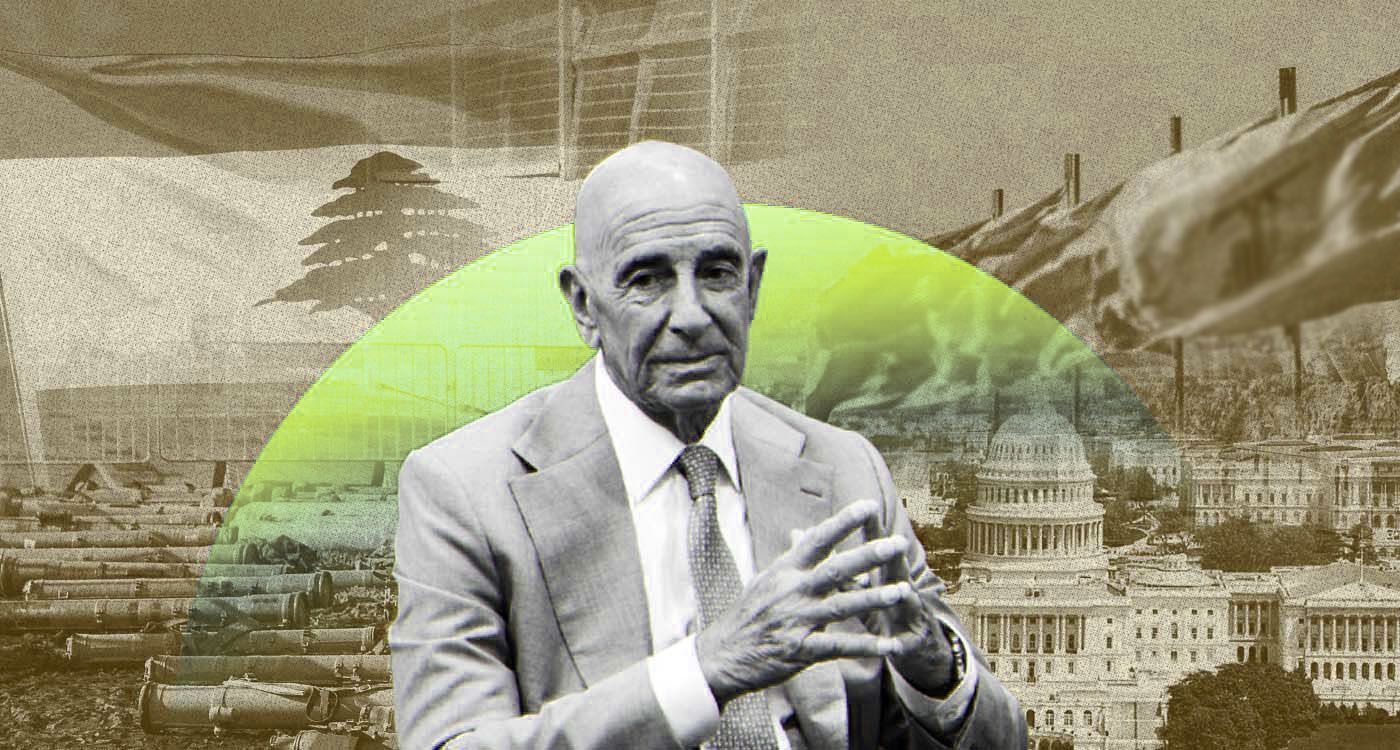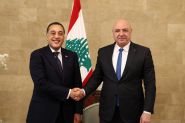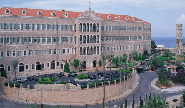
On Thursday, the Lebanese Council of Ministers met in Baabda to discuss and approve the American proposal presented by envoy Thomas Barrack.
Outlined in a detailed seven-page diplomatic memorandum divided into three chapters, the initiative aims to establish a durable ceasefire between Lebanon and Israel while launching comprehensive security and political reforms.
Key Lebanese Commitments
Prime Minister Nawaf Salam detailed the government’s adopted objectives in a post on the social platform X. The plan calls for fully implementing the Taif Agreement, the Lebanese Constitution and key UN Security Council resolutions, notably Resolution 1701.
At its core is the extension of state sovereignty across Lebanese territory, the strengthening of legitimate institutions and the consolidation of the state’s exclusive authority over decisions of war and peace and control of weapons.
The initiative stresses guaranteeing a lasting ceasefire by ending all land, air and maritime violations through a structured process designed to deliver a comprehensive and guaranteed solution. It envisions the gradual disarmament of all non-state armed groups, including Hezbollah, with appropriate support for the Lebanese Army and Internal Security Forces.
Moreover, the plan calls for deploying the Lebanese Army to border areas and strategic interior regions, reinforcing the country’s military and security forces. It requires Israel’s withdrawal from five disputed points and the resolution of border disputes and prisoner issues through indirect negotiations and diplomatic channels.
The proposal also supports the return of residents to border villages, complete Israeli withdrawal from Lebanese territory and the cessation of all hostilities.
To ensure long-term stability, the roadmap demands a permanent and clearly defined international border between Lebanon and Israel, alongside the final delimitation of the Lebanese-Syrian border.
On the economic front, it advocates convening an international conference with the United States, France, Saudi Arabia, Qatar and other allies to support Lebanon’s reconstruction efforts, aligning with US President Donald Trump’s vision.
Finally, the plan calls for increased international assistance to Lebanese security forces, particularly the army, through the provision of suitable military resources essential for implementing the initiative and safeguarding national territory.
https://x.com/nawafsalam/status/1953504954716414157
A Four-Phase Roadmap
The American roadmap, the most detailed to date on this critical issue, unfolds in four sequential phases. The first requires the Lebanese government to issue, within 15 days, an official decree committing to the complete disarmament of Hezbollah by December 31, 2025. In return, Israel must cease all military activity on Lebanese soil.
In the second phase, over 60 days, the Lebanese government will approve a detailed deployment plan for the Lebanese Army, specifying zones and operational goals. Israel will begin a phased withdrawal from the five military positions it holds in southern Lebanon. Prisoner exchanges supervised by the International Committee of the Red Cross are planned.
The third phase, to be completed within 90 days, mandates Israel’s withdrawal from the last two remaining positions, triggering an extensive cleanup and reconstruction campaign funded by international aid in war-torn areas.
The final phase, to conclude within 120 days, focuses on dismantling Hezbollah’s remaining heavy weapons, including missiles and drones, while convening the international economic conference mentioned above.
Thomas Barrack’s Return
Following the government’s announcement, Barrack welcomed the decision, calling it historic and a vital step toward affirming Lebanon’s sovereignty and exclusive control over the use of force. He reaffirmed the United States’ commitment to supporting Lebanon throughout the roadmap’s implementation.
Reports suggest Barrack will return to Beirut next week to oversee progress, particularly the adoption of the decree expected before mid-August. His return signals a renewed diplomatic push that could reshape Lebanon’s security and political landscape.




Comments